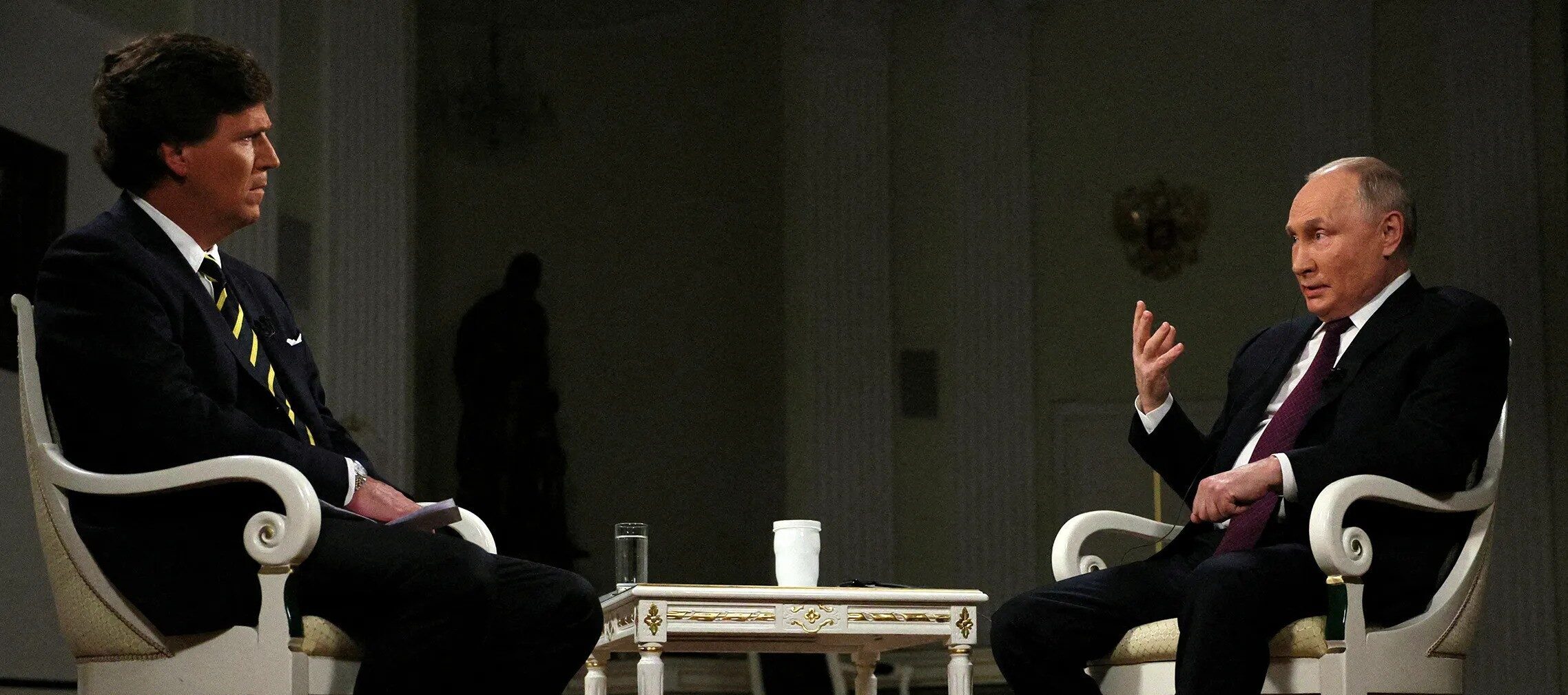
Arguments for accepting Russian dominion in almost twenty percent of Ukrainian territory, and over three million Ukrainian citizens, now dominate discourse about the war. They are furnished by a tradition of Soviet propaganda aimed at neutralizing America’s will to protect democratic allies.
From its beginning, the Soviet Union projected an image of itself as a “peacemaking state.” As Russian dissident and human rights advocate Vladimir Bukovsky wrote in a 1982 Commentary Magazine article, “the Soviet Union itself rose out of the ashes of World War I under the banner of ‘Peace to the People! Power to the Soviets!’…Bolshevik ideologists were aware of how powerful a weapon for them the universal craving for peace would be.” Bukovsky noted how the “passion for peace” was resurrected after World War II, when resistance to Soviet domination of a dozen countries was called aggression by the “reactionary” NATO alliance.
Russia’s Soviet-style peace propaganda has both practical and moral dimensions. Proposals to end the war on Russia’s terms are paired up with threats of nuclear annihilation, as in Soviet psychological warfare, when both fear and moral posturing informed the largely leftist Cold War peace movement’s “better red than dead” credo. Guided by the Soviet Peace Council, the British Campaign for Nuclear Disarmament and like-minded groups blamed the invasion of Afghanistan on Western “encirclement” of the USSR. Today, elements have been changed out, but the pattern remains: Having invaded a neighbor, Vladimir Putin plays the victim and threatens nuclear war should others help it resist; Russia has been allegedly been lied to and cornered by an encroaching West. In the 1980s, peace movements fed off the threat of WWIII and the allegedly inevitable collapse of the “world imperialistic system.” Today, Russian propagandists talk about the collapse of the “US dominated world order” and the emergence of a new world order, one where state-organized economic development will increase among cooperating, autocratic regimes. Phrases like “late-stage capitalism,” often used by Lenin, proliferate, the implication being that we are at the end of capitalism and the inevitable victory of something more equitable, like the state-controlled economies of Russia and her allies.
As if hypnotized by Putin’s inverted, dark charisma, numerous American politicians and thought leaders are falling in line. Helping Ukraine defend itself (and deter aggression elsewhere) is widely deemed “dangerous,” “reckless,” and indifferent to war casualties, especially by “anti-war” Republicans; military aid is “adding fuel to the fire,” and assistance to turn back the Russian assault is called “escalation.” The moral allure of socialism animated the Cold War peace movement’s sympathy for the USSR, but no one today sees Russia as a worker’s paradise. Instead, Putin has succeeded in associating his rule with critiques of progressive ideology; under Russian law, homosexuals have been threatened with loss of their driver’s licenses, and sex-change surgeries are banned. Russia is thus cast as a bulwark against woke progressivism, and efforts to oppose the assault on Ukraine are, in turn, associated with globalism, liberal internationalism, and the “deep state:” According to Donald Trump Jr., “The Military Industrial Complex seems to want to make sure they get World War 3 going before my father has a chance to create peace and save lives.” Meanwhile, Ukraine, a society that has been profoundly victimized by Soviet and Nazi conquest and oppression, is smeared as corrupt, and President Zelinsky, seeking support for his out-gunned society’s resistance, is ridiculed as a grifter.
Accommodating Russian imperialism is widely accepted as pragmatic and realistic, and in the words of Hungarian Prime Minister Victor Orban, consistent with “peace,” against escalation and violence. “We need to change from a war strategy to a peace strategy,” he intoned. “We need a cease-fire and peace talks!” Russian news agency TASS praised the 2024 Republican National Platform as aiming to prevent World War III. Defenders of Ukrainian sovereignty and self-determination face arguments cloaked in the language of prudence, national self-interest, and humanistic concern. “Peace” in Ukraine thus provides a putatively moral way for both American and European leaders to accommodate Russian aggression.
Bukovsky noted that Soviet subversion fomented international crises while stoking peace movements, a two-pronged tactic to “frighten the bourgeoisie and make it more tractable.” In the Cold War, thanks to clear-headed leaders like Ronald Reagan and Margaret Thatcher, it ultimately failed. Unfortunately, prospects for its success look better now.